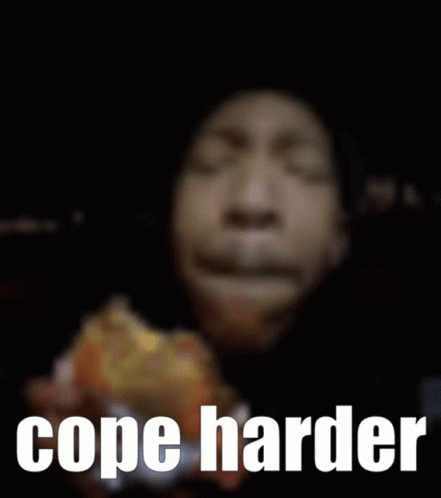IdiosyncraticLawyer
Username OnlyVS Battles
Joke Battles
Administrator
Content Moderator
Translation Helper
- 2,887
- 3,358
I trust that Ultima can satisfactorily address DT and Agnaa in time.shouldn't ultimas thread be accepted by now
he has enough staff approval
him and dt are just going to keep debating endlessly

